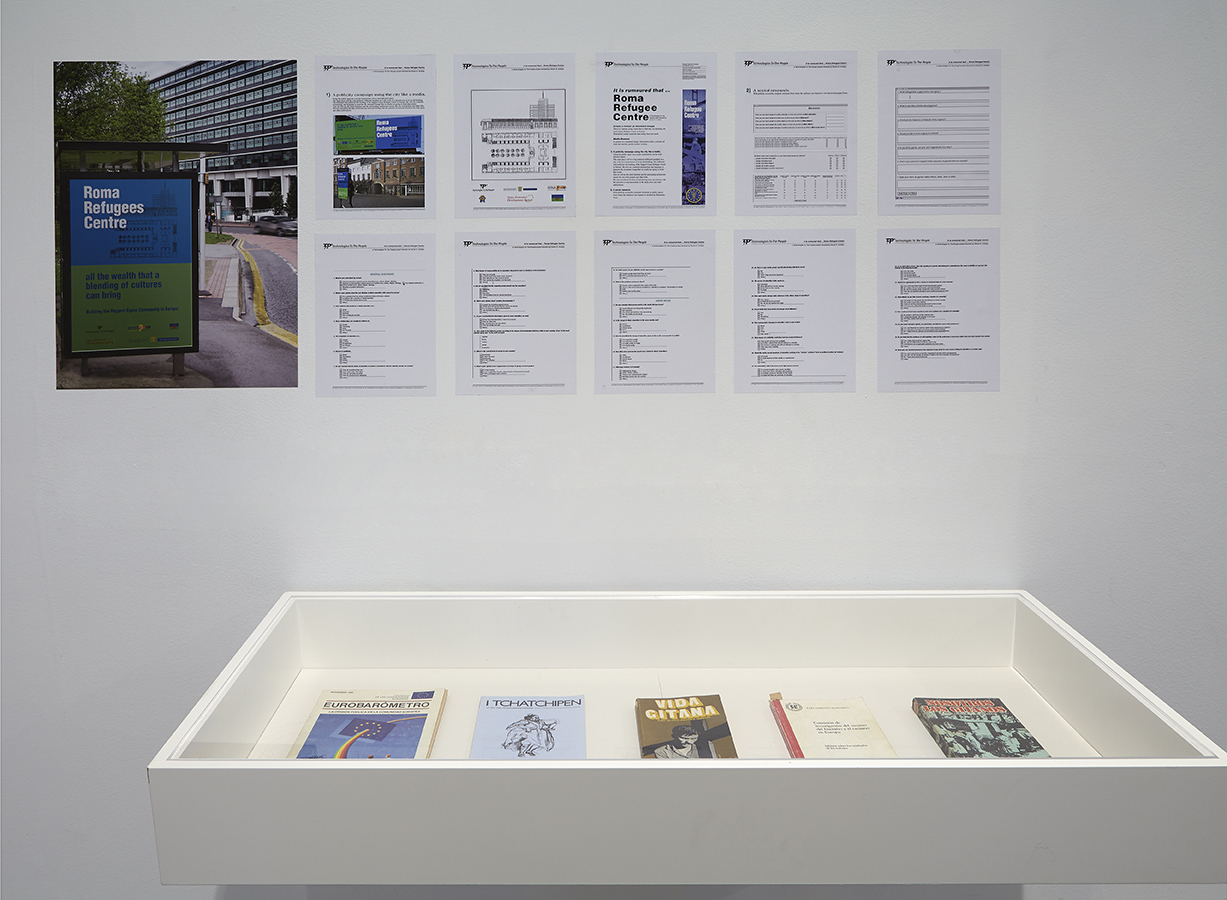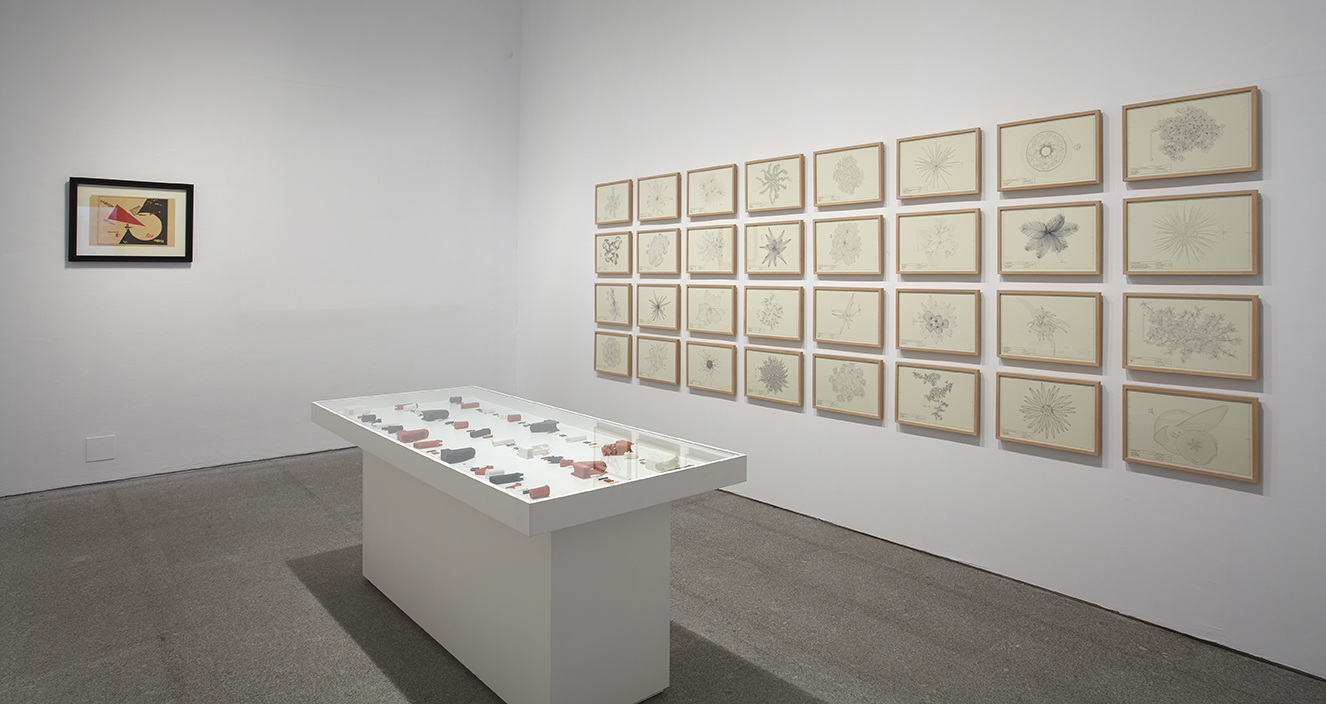e-projects, 2001
Representative democracy arguably has an inbuilt mechanism that
works against its very foundation. The common understanding of
a well-functioning democracy is based on discussions and negotiations
among different political parties. However, if one group of parties
in agreement reaches absolute majority in the parliament, they
do not have to discuss or negotiate anything. Such coalitions can
simply pass any law they want without including parties that might
disagree with their proposals. Such was the political situation in the
region of Valencia around the year 2001, and one area where this
situation manifested itself most significantly was the cultural arena.
Spectacular projects were commissioned to promote the region—
including to its own citizens—and to create the idea that the region
was thriving and on the forefront of the new experience economy. In
reality these projects were the products of scams, nepotism, and bad
judgment and caused huge deficits. e-valencia.org was a response to
the situation; it took the form of an online platform that encouraged
and allowed the public to discuss the cultural politics of the region.
Moreover, the identities of the contributors were automatically deleted
from the server the moment their comments were posted, making
it impossible for authorities to identify the contributors. The local
public was thereby empowered with the means to openly discuss cultural
politics without fear of persecution. The solution was radical,
but when democracy is not democratic, alternative methods need to
be applied to secure it. TTTP would later produce similar platforms
for Madrid, Seville, and Barcelona, and e-valencia.org was featured
in an issue of the magazine Mono edited by Daniel G. Andújar.


